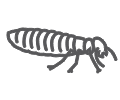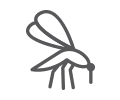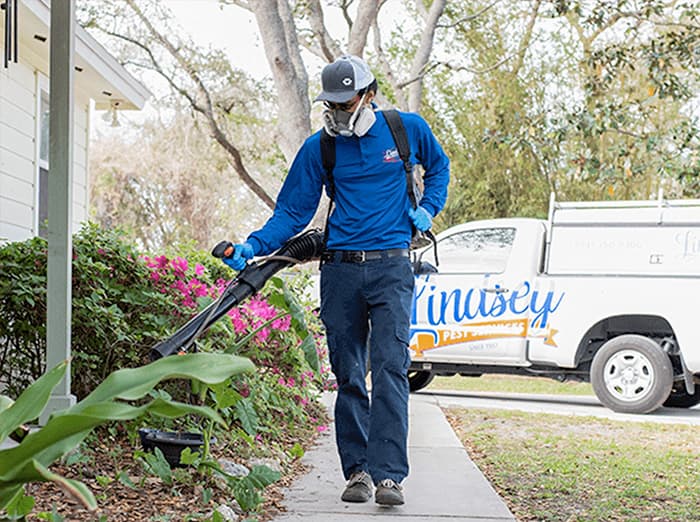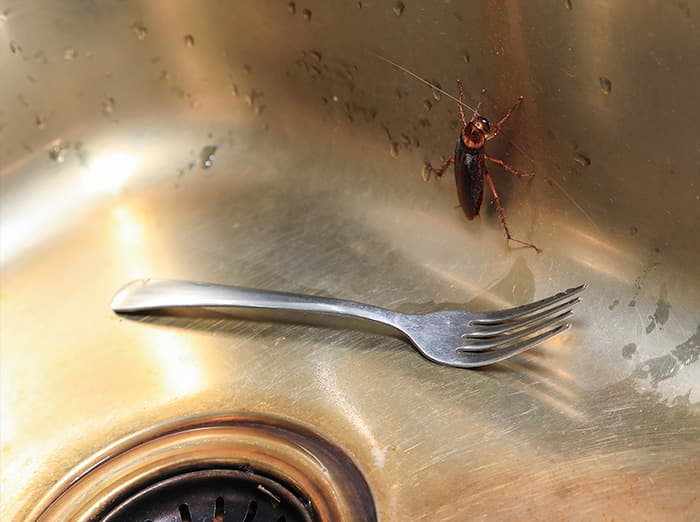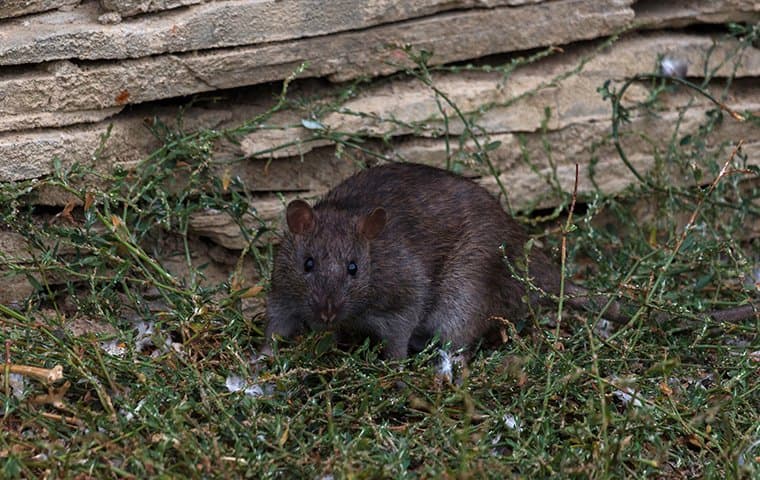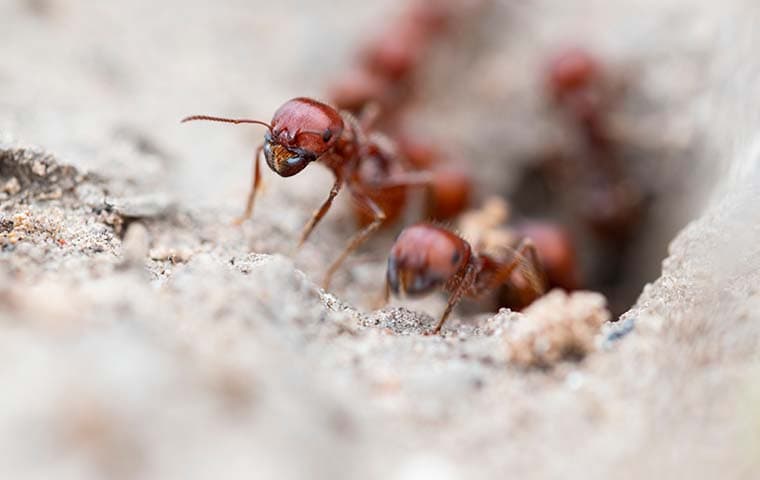What Do Casemaking Clothes Moths Look Like?
They're small, golden-colored, and have shiny heads. With a bit of reddish hair, the moth larvae are mainly creamy white with brown heads. The moth larvae spin themselves a protective silk case in which they molt, made from the fabric they consume. Adult casemaking clothes moths have narrow wings, golden buff in color, folded over their bodies when they're resting. Both male and female adult moths fly and tend to stay in low-lit areas.
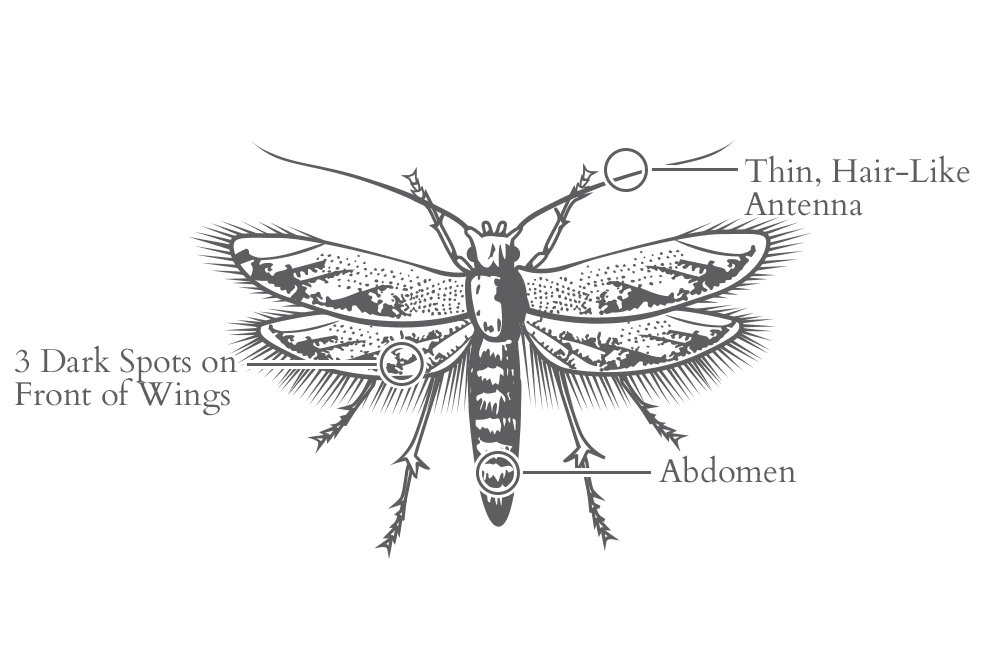
What Attracts Casemaking Clothes Moths?
Casemaking clothes moths are attracted to fabrics in general, but more specifically, fabrics stained with food have urine residue or perspiration spots, which all provide moth larvae the nutrients required to grow and change into adult moths. Unlike other moth species, the casemaking clothes moths are not attracted to sunlight or artificial light, and in fact, they try to avoid both as much as possible.
Are Casemaking Clothes Moths Dangerous?
Casemaking clothes moths are not dangerous to human or pet health, but their larvae are destructive to clothing and furniture. Once they've gone through the metamorphosis from larvae to moth (similar to the life stages of a butterfly), they are no longer destructive, but the larvae can cause extensive damages to the fabrics in your home or business. The larvae feed on wool, carpets, furniture, rugs, clothing, blankets, and any other materials that are mixed with wool. As they feed, they create bare spots or holes in the fabric, destroying it.
How Do I Get Rid of Casemaking Clothes Moths?
Casemaking clothes moths are often found in clothing and fabrics you've stored in the basement, attic, crawlspace, or closets. Since these items are usually stored for months at a time, it's challenging to know that you have a casemaking clothes moth infestation until after you've already discovered the damage. The best way to get rid of casemaking clothes moths in Jacksonville is through professional pest control services since most of the pest control chemicals you can buy from the store won't be safe for use on fabrics.
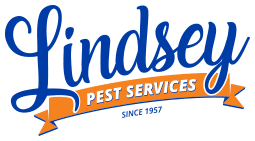
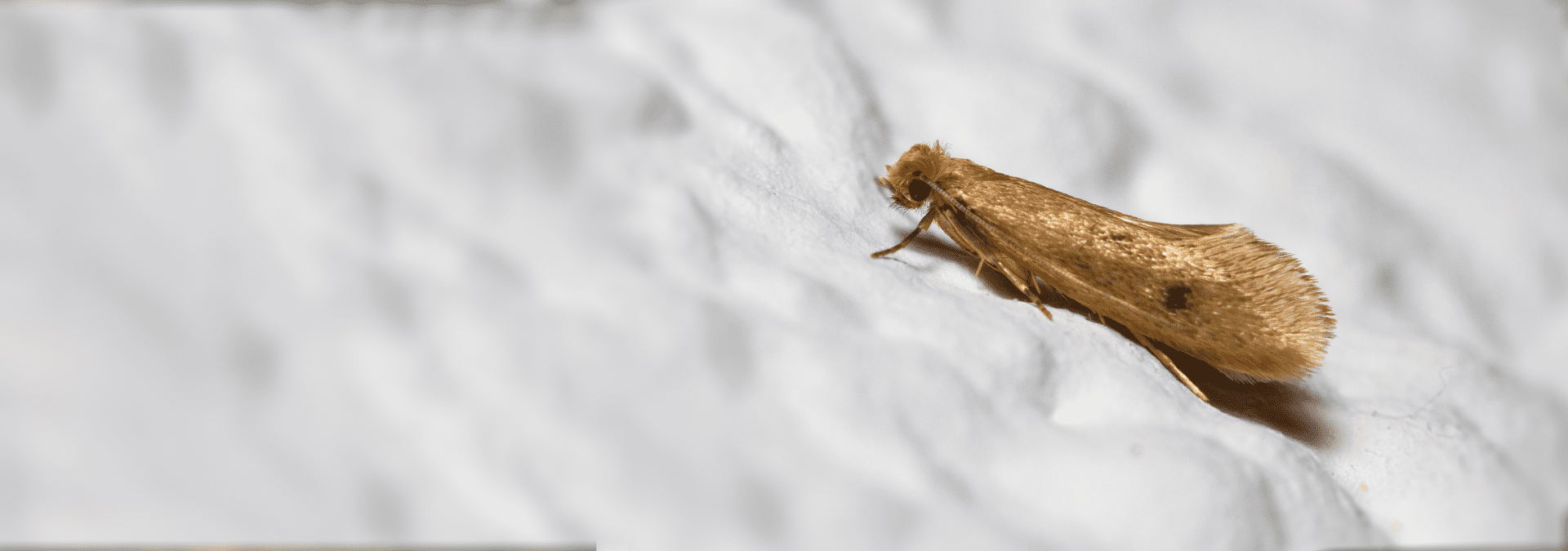
 Average rating of
Average rating of 


